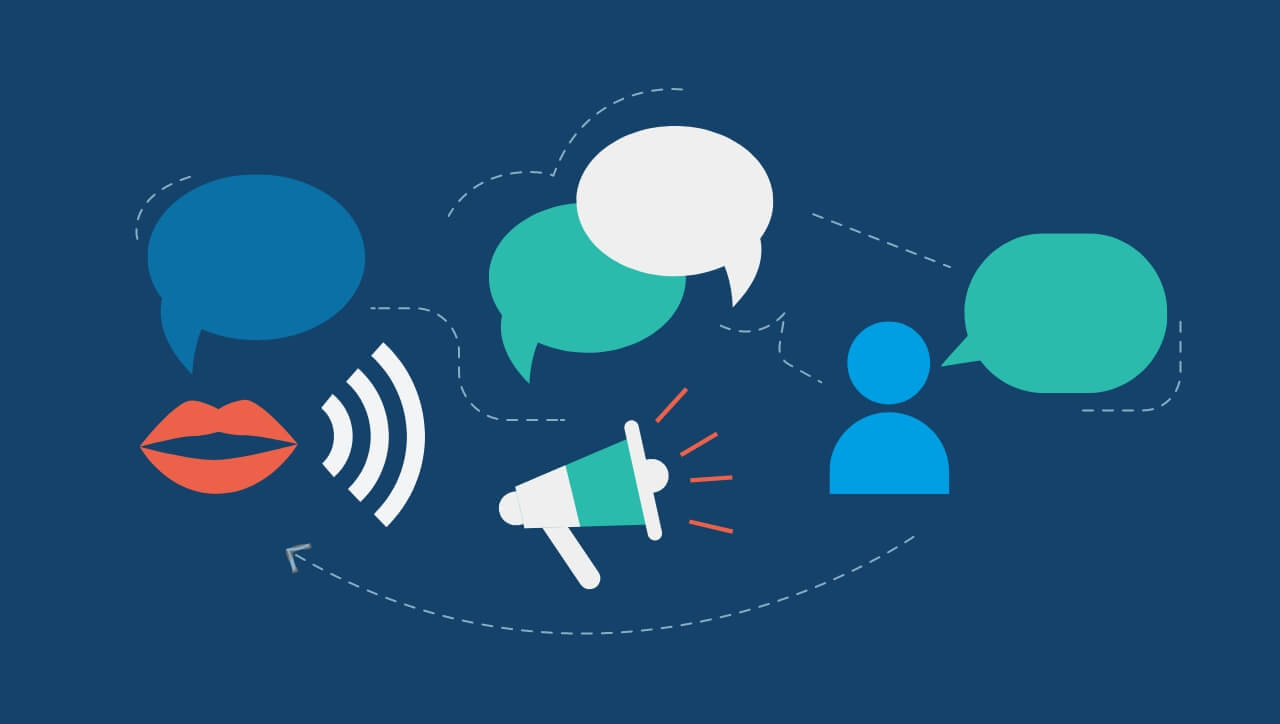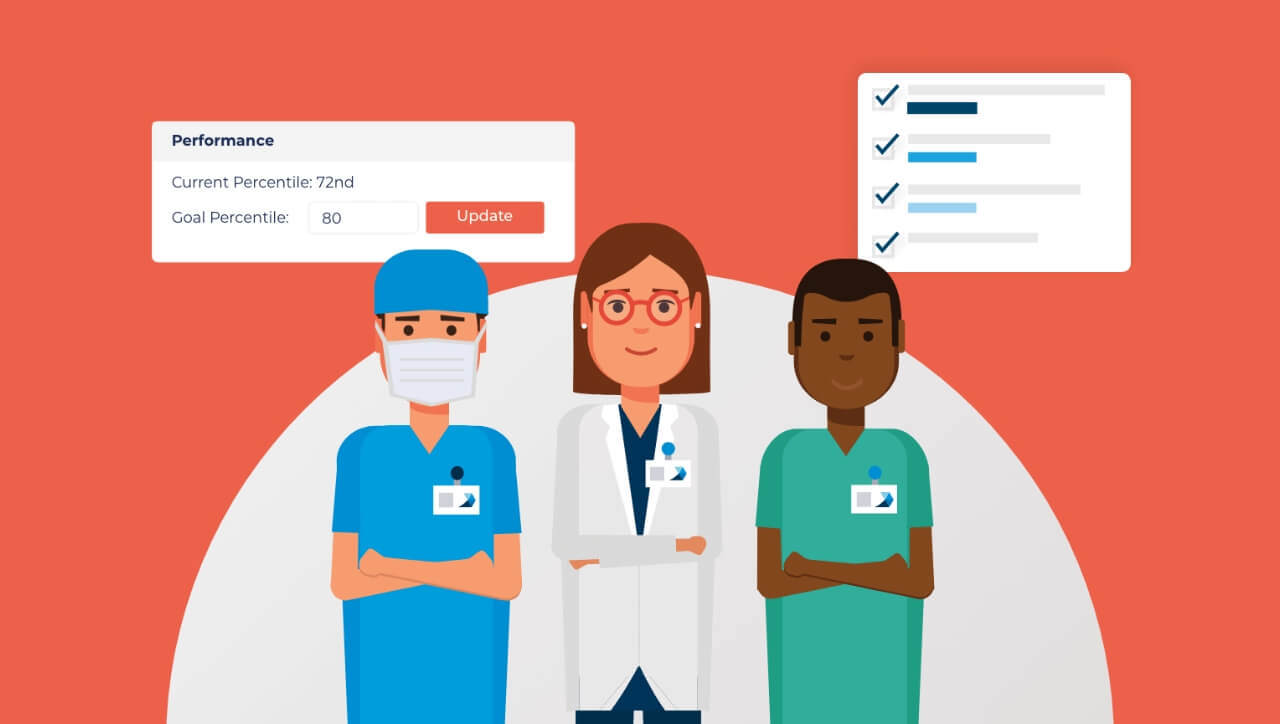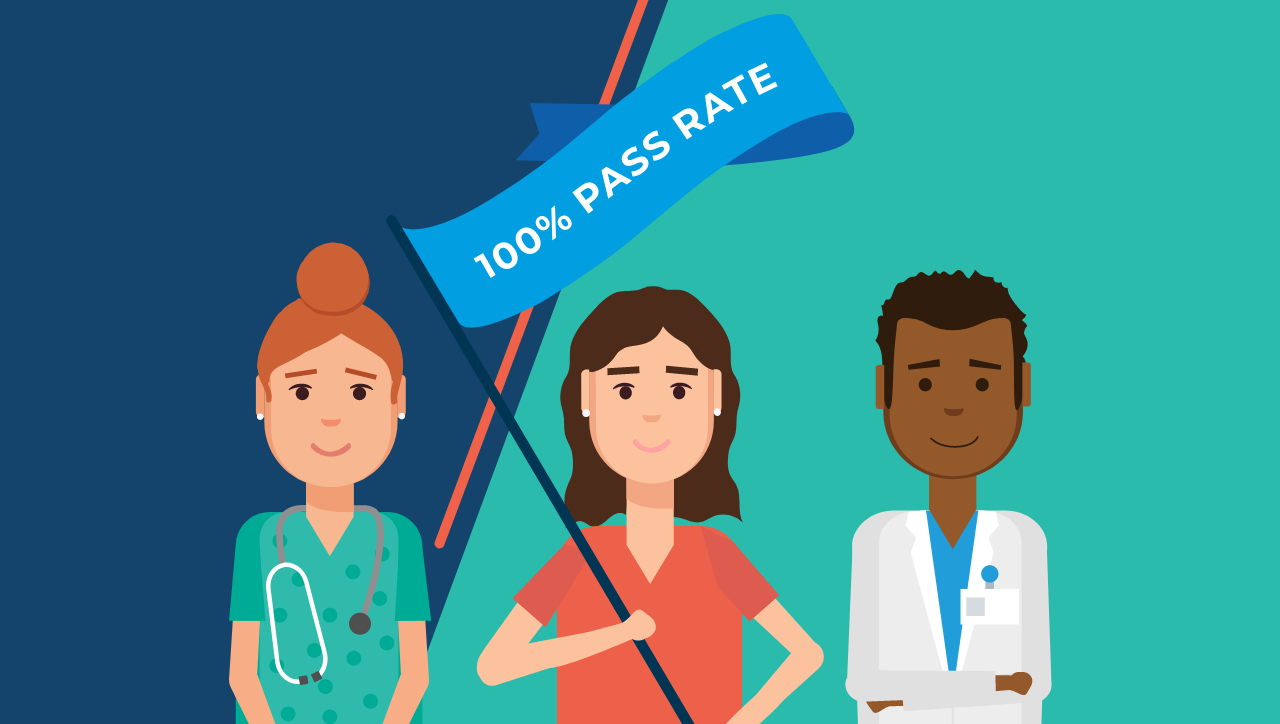Enhancing Self-Reflection in SLP Programs with a Structured Approach
Speech-language pathology (SLP) is a complex practice; for students to pass the Praxis® exam and become proficient practitioners, they must continuously expand their knowledge base and apply it effectively. Self-reflection plays a crucial role in this learning process, guiding students through metacognitive and emotional processes, helping them interpret their experiences. When applied to learning and practice, it helps them identify and focus on what is truly important and relevant, thus enhancing their competence and confidence as future SLP professionals.
However, the approach to applying self-reflection in SLP practice is highly varied, involving different tools, strategies, and approaches. The inconsistencies also pose a challenge to faculty—how can educators facilitate meaningful self-reflection within the SLP curriculum?
One strategy relies on clinical or professional placements, leveraging a learning curriculum that supports the development of lifelong learning habits. These placements provide students with opportunities to connect theory with practice, helping them understand and prepare for the real-life complexities they will likely encounter in future practice while simultaneously improving their reflective capabilities.
For more ways to help your students develop their self-reflection, download our Educator Guide: How Educators Can Foster Self-Reflection in Healthcare Learning—and Empower Learners to Become Successful Practitioners
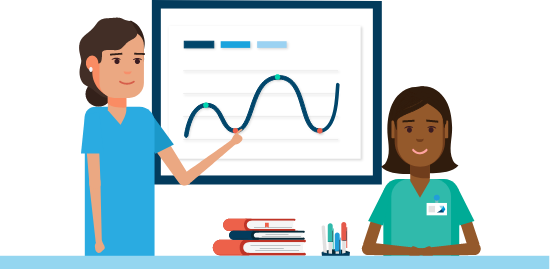
Is this the most effective methodology, or are there better ways to support the development of self-reflection in SLP students—especially in the clinical context? One mixed methods study1 aimed to find out if an evidence-based reflection intervention would be feasible within the SLP curriculum.
Evidence-Based Reflection in SLP Education: A Feasibility Study
The self-reflection intervention combined cognitive and behavioral learning support elements to enhance reflective practice. It included an introductory seminar, the use of the Gibbs Reflective Cycle, and evidence-based prompts to guide students’ reflections. The M-REFLECT rubric was also utilized to provide formative feedback on reflection quality, while near-peer mentorship and educator supervision offered additional guidance and support.
Using a convergent mixed methods design, the study captured quantitative and qualitative results from 16 participants and aimed to find the answers to three key questions about the evidence-based reflection intervention: how useful is it during clinical, their experience in using it, and what’s the feasibility when integrated with results on their usefulness and reflection quality ratings.
Let’s dive into the results.
Quantitative Findings
The quantitative data revealed that the self-reflection intervention was widely perceived as useful by the students. Specifically, most participants rated the intervention as “moderately” or “very useful” at various points during their clinical placements, such as during practice, mid, and final assessments. Only a small group of students found the intervention “extremely useful,” while none rated it as “not at all useful.” This indicates a generally positive reception and perceived value of the intervention in enhancing self-reflective practice.
In terms of self-reflection quality, students’ reflections were predominantly rated as either “reflective” or “critically reflective”. This high level of engagement with self-reflection suggests that the intervention successfully encouraged deeper self-reflective practices, helping students to critically analyze their clinical experiences and integrate their learning.
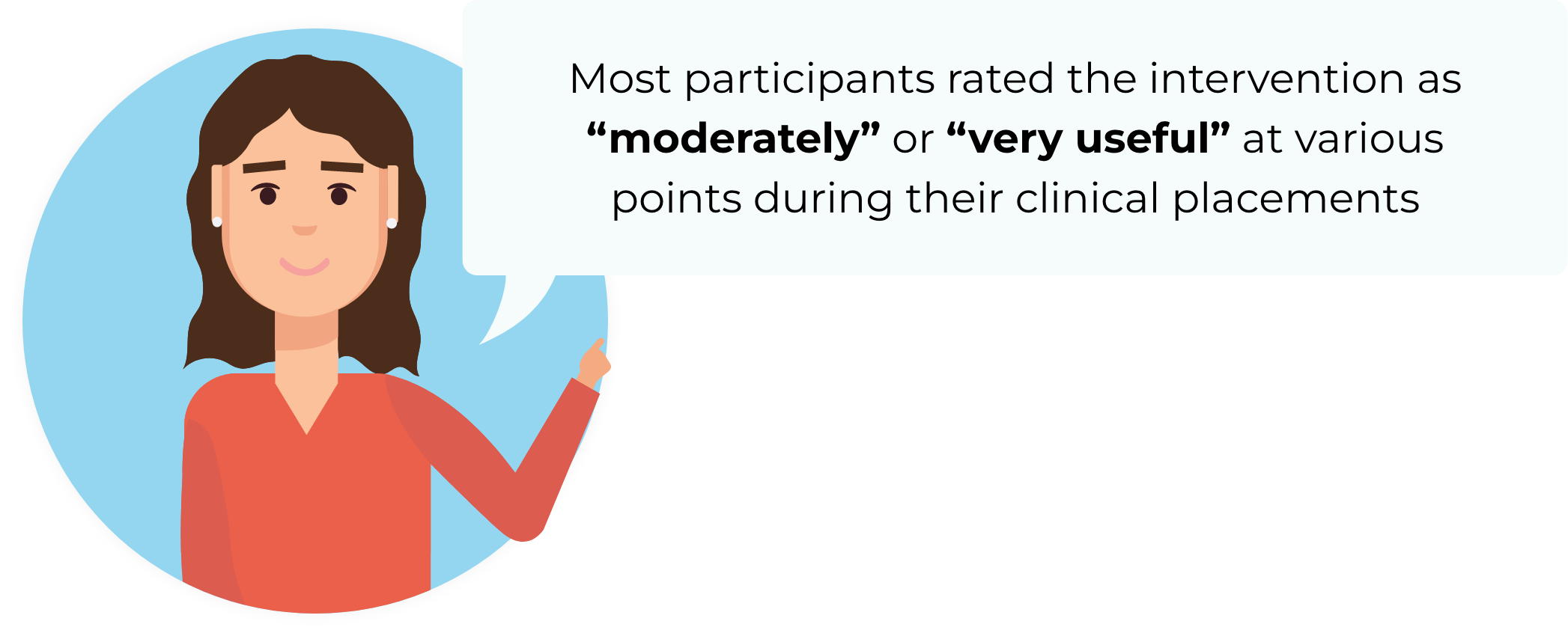
Qualitative Findings
The qualitative analysis provided further insights into how students approached self-reflection and the impact of the intervention. Students demonstrated diverse methods of self-reflection, including summary-based, goal-based, and event-based reflections. Each approach offered unique benefits and influenced students’ engagement and inquiry in distinct ways. Summary-based reflections allowed students to see their learning across a period, while goal-based reflections aligned with competency assessments, and event-based reflections focused on significant experiences.
Students valued the self-reflection intervention as a tool for growth, particularly when supported by a rich learning environment that included near-peer mentorship and educator guidance. This supportive context was crucial in fostering an emotionally safe space for students to self-reflect without the pressure of competency judgments.
What Does This Mean for SLP Education?
For continuous personal and professional development, self-reflection can be integrated into SLP education to train students to identify their knowledge gaps and areas for growth, leading to sustained improvements in clinical skills and professional behavior. Ultimately, self-reflection equips SLP students to become lifelong learners, benefiting their long-term development and future success.
Programs and faculty can help SLP students cultivate self-reflection by pairing learning science-based resources, such as TrueLearn’s 1,200+ Praxis®-style questions, with self-reflection practices to:
- Get immediate, real-time feedback on performance and comprehension
- Interact meaningfully with the content (active learning), improve long-term retention and ease of recall
- Identify learning strengths and weaknesses, pinpoint areas for improvement
- Track and measure learning progress and exam readiness longitudinally
- Adjust/tailor teaching/study methods for the most effective, efficient learning
Learn more about a partnership with TrueLearn here.
Help your SLP students achieve optimal exam performance and outcomes, read and share this blog with them, and encourage them to utilize our free Post-Assessment Self-Reflection Questionnaire!
References & Footnotes
1 Dunne M, Penman M, Nisbet G. Exploring the outcomes of a reflective teaching strategy with students: A feasibility study. Int J Speech Lang Pathol. Published online 2023:1-12. doi:10.1080/17549507.2023.2223373.
*PRAXIS® is a registered trademark of Educational Testing Service (ETS). This content is not endorsed or approved by ETS.
